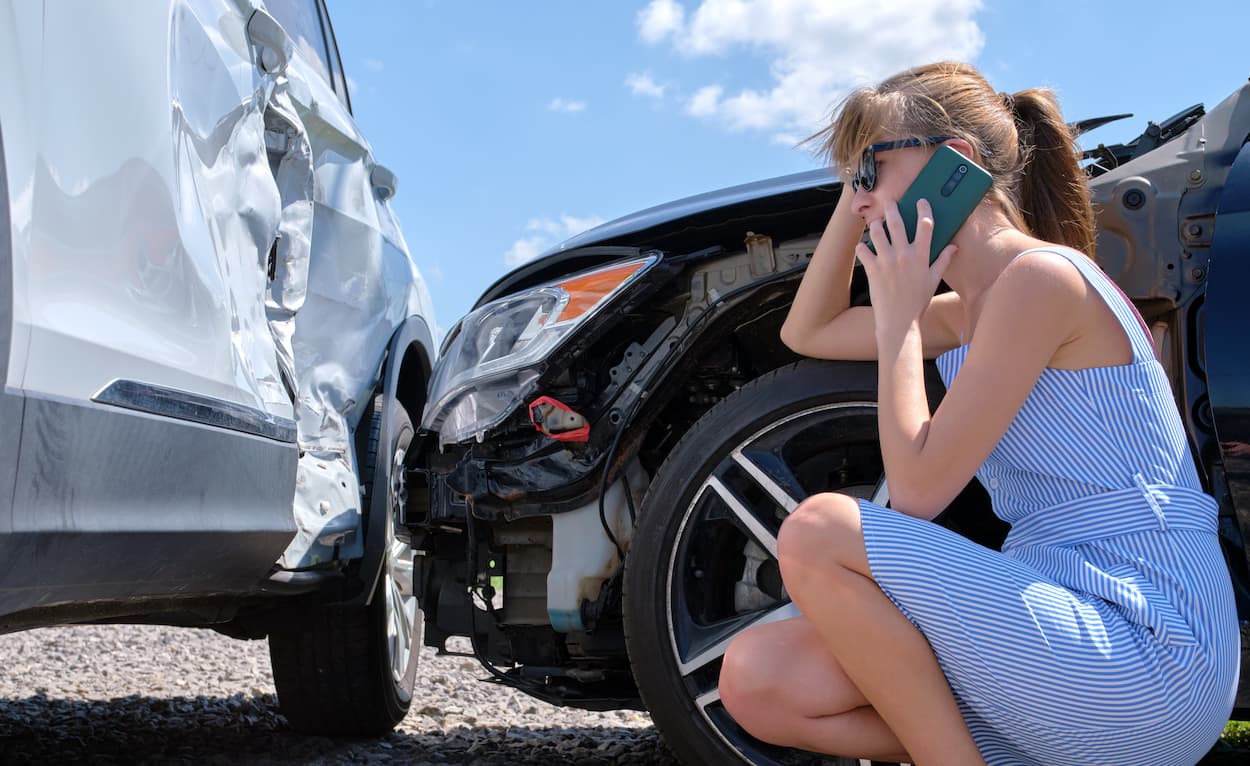10 Things You Should Bring to Your Eye Exams

Eye exams are not just about getting your vision checked; they are a vital component of your overall healthcare regimen. Whether it’s for a routine checkup or to address a concerning change in your eyesight, being well-prepared for your eye exam can ensure a more thorough evaluation and, ultimately, better care for your eyes. Here’s how to pack for your next visit to the optometrist’s office.
1. Your Medical History
One of the first things any healthcare professional will ask for is your medical history. For eye exams, fashion this means any past eye conditions, surgeries, family history of eye diseases (such as glaucoma or macular degeneration), and any medication you are currently taking. Some general health conditions, like diabetes or high blood pressure, can also affect your eye health, so a comprehensive picture of your overall health is key. Having this information at the ready saves time and ensures that your eye doctor can provide the most informed care possible.
2. Glasses and/or Contact Lenses
If you wear glasses or contacts, it’s essential to have them with you. Your eye doctor may want to check the prescription on your current eyewear, or even make adjustments if necessary. If you’re concerned about the state of your current eyeglasses, whether they are scratched or not providing the clarity you need, bringing them in can help your optometrist assess the issue and ensure that your new prescription (if needed) is spot on.
3. Vision Insurance Information
In this age of varying insurance coverage, it’s critical to remember your vision insurance information. It might not be at the top of your list, but knowing the details of your coverage and any co-pays or deductibles can significantly affect your visit, especially for more comprehensive exams or if you’re considering additional services like photochromic lenses or specific types of contact lenses.
4. List of Questions and Concerns
Don’t rely on your memory alone. Write down any questions or concerns you want to address during your exam. Whether it’s about persistent eye strain, unusual floaters in your vision, or just general advice on eye health maintenance, your optometrist is there to help. Discussing your list of concerns ensures that you leave the appointment with all the information you need to care for your eyes daily.
5. Eye Protection Information
If you work in an environment with specific eye hazards or have a hobby that poses risks to your vision, bring any relevant information. Your eye doctor can then advise you on the best protection, whether it’s specialized eyewear or contact lenses designed for extended wear without risking eye safety. Your eye specialist can also guide you on proper care to avoid infections or irritations.
6. Current Eyecare Products
Are you using eye drops, ointments, or nutritional supplements for your eyes? Make sure to include them in your kit for the eye exam. These products can sometimes affect the exam results or might be indicators of underlying conditions that need to be addressed. Your eye doctor can review any products you’re currently using and suggest changes if necessary.
7. Sunglasses
The sun’s harmful UV rays aren’t just bad for the skin; they can also damage your eyes. Sunglasses are not just a fashion accessory; they are a vital tool for the protection of your eyes. Forgetting them on a sunny day might mean you miss out on your eye doctor’s advice on proper UV protection. Plus, if your sunglasses have prescription lenses, they help show your optometrist what you’re currently using for protection.
8. Payment for Out-of-Pocket Services
While we hope everything is covered by insurance, it’s best to be prepared in case there’s an out-of-pocket expense. Some specific tests or services might not be covered, or you could opt for enhancements like anti-reflective coatings on your new glasses. Bringing payment for any potential additional services prevents any last-minute financial strains and allows you to fully enjoy the benefits of your eye exam.
9. Backup for Your Digital Eyes
Devices like smartphones and computers are integral to modern life but can lead to digital eye strain and long-term complications if not used with care. If you’re experiencing symptoms like dry eyes, headaches, or blurred vision, share your device usage habits with your optometrist. Bringing samples or specs for your screens can help them make more tailored recommendations for protecting your eyes in our digital world.
10. A Supportive Companion
Sometimes, it’s great to have a second set of ears, especially if the news from the eye exam is unexpected. A friend or family member can offer support, ask additional questions, and provide another perspective. Ideally, this person will also remember points from the exam that you might forget. Having a supportive companion can make the process more comfortable and can be valuable in medical discussions concerning treatment or management options.
In conclusion, your eye health is far too important to leave to chance or fragmented memory. Preparing for your eye exam not only ensures a smoother evaluation but also enriches the experience with more informative discussions and, ultimately, a clearer path to long-term eye health. By following this checklist, you’re on the right track to seeing the world with precision and clarity.





